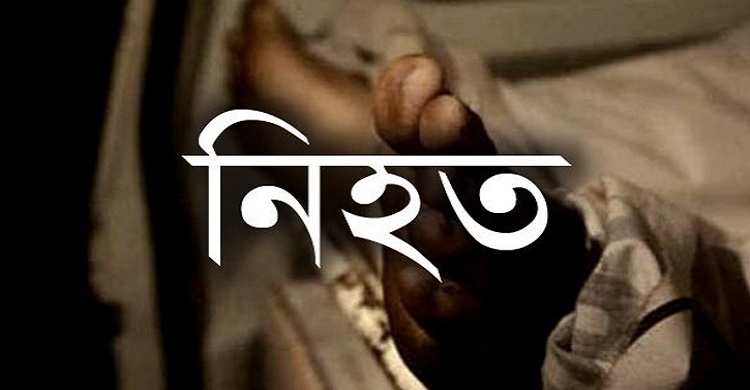
- National
The genocide of 1971 was recognized in the agenda of the United Nations
- National
- 31 May, 2023 22:47:02
News Desk: The demand for international recognition of the brutal genocide committed by the Pakistani invading forces and their allies during the liberation war of Bangladesh in 1971 has been placed on the agenda of the next session of the United Nations Human Rights Council.
The 53rd session of the Human Rights Council will be held from June 19 to July 14. The third item on the agenda of the session is the demand for international recognition of the 1971 genocide. Working with the Bangladesh Support Group called 'Stitching Basug', an organization of Bangladeshi children living abroad with the status of Special Adviser to the United Nations Economic and Social Council (ECOSOC), we are 71, the organization of the children of the martyrs of Bangladesh's liberation war, Generation 71, European Bangladesh Forum. (EBF) and the Siraji Foundation sent a letter to UN Secretary-General Antonio Guterres demanding international recognition of the 1971 genocide.
Last Monday (May 29), United Nations Secretary General Antonio Guterres accepted the letter sent by Bangladeshi organizations, the United Nations said in a statement. It said the UN Secretary-General received the letter, which was circulated in accordance with Economic and Social Council resolution 1963/31.
According to the statement, the demand for international recognition of the genocide of Bengalis by the Pakistani invading forces and their allies in Bangladesh in 1971 is on the agenda of the next session of the United Nations Human Rights Council.
The 53rd session of the Human Rights Council will be held from June 19 to July 14. The demand for international recognition of genocide in Bangladesh is number 3 on the agenda of this session. The session will discuss the promotion and protection of all human rights, civil, political, economic, social and cultural rights.
The letter of the Bangladeshi organizations sent to the UN Secretary General has been attached to the statement of May 29. The letter said that the 1971 genocide in Bangladesh was a planned operation by the Pakistani authorities. The brutal plan was carried out by the Pakistani military with the help of Bihari and Bengali allies in Bangladesh. The world's worst genocide after World War II took place in Bangladesh.
According to the Bangladesh government, more than 3 million people were killed by the Pakistani occupation forces and their allies in 1971. Besides, more than 200,000 women were victims of rape and physical abuse. During the liberation war of 1971, more than one crore people were forced to leave their homes and property and cross the border to India just to save their lives. And more than 2 crore people were internally displaced.
Newspapers, magazines and publications found in libraries and archives around the world testify to this fact. In 1971, the US government sided with Pakistan. But at that time, the then United States Senator Edward Ted Kennedy stood by the Bengali freedom fighter.
He wanted to come to Bangladesh, but it was thwarted by the Pakistani government. After reaching India, he visited various refugee camps and heard the stories of people's misery, brutal killings by Pakistani invaders. Returning from India to the United States, he played an important role in creating opinions in the world in favor of the independence of Bangladesh.
In a letter sent to the United Nations, Bangladeshi organizations said that Senator Edward Ted Kennedy's visit to a Bangladeshi refugee camp in India, Pakistan's obstruction of his entry into Bangladesh to seek information, and his subsequent speech, discussion and report presented to the US Senate are sufficient evidence of Pakistan's atrocities.
The International Commission of Jurists formed a commission of inquiry to investigate the atrocities committed in Bangladesh. But due to Pakistan's non-cooperation, the committee could not complete its investigation. Later in 1972 they published a report. The report explains the legal issues related to genocide, war crimes and crimes against humanity committed during the Bangladesh War of Independence.
The organizations mentioned in the letter that the report sent through the channel of the then US mission in Dhaka and the documents compiled by the UK charity Oxfam are also proof of the genocide. In the last four decades, Bangladesh has applied several times to the International Court of Justice for the Pakistani army personnel involved in the genocide. But those initiatives did not succeed due to Pakistan's non-cooperation.
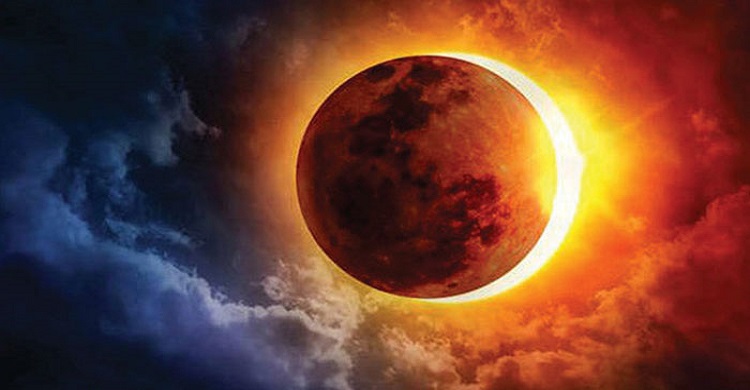
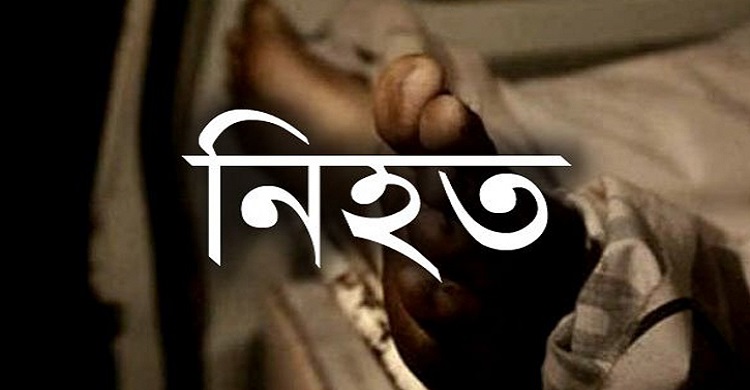
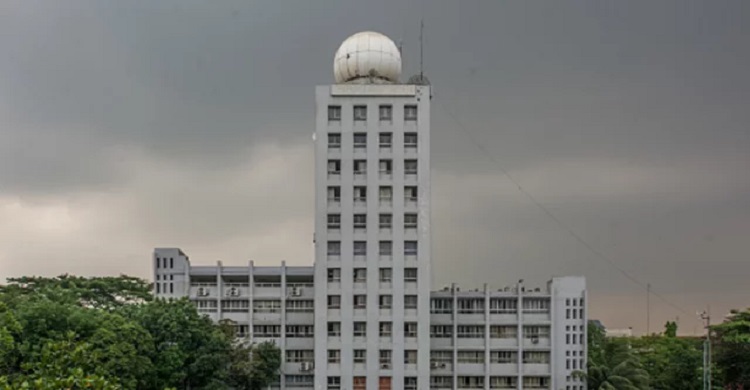

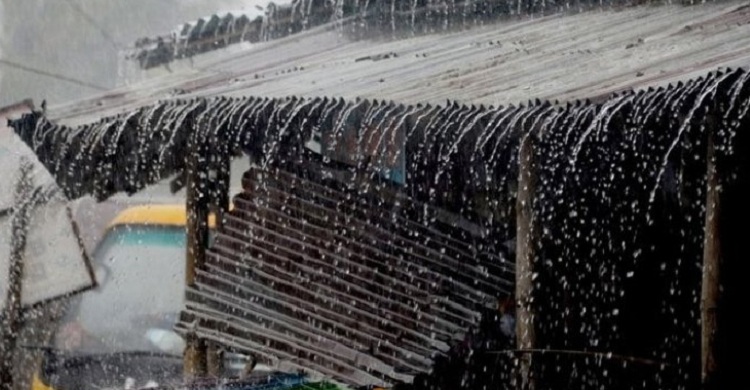
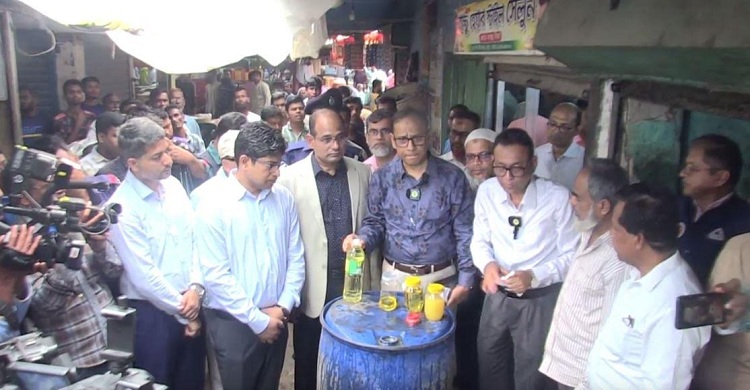
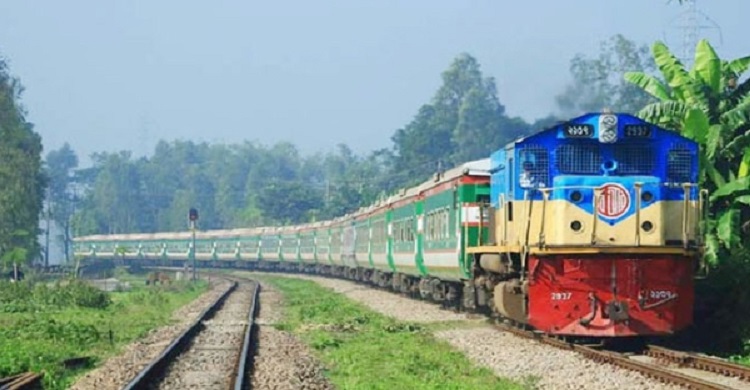
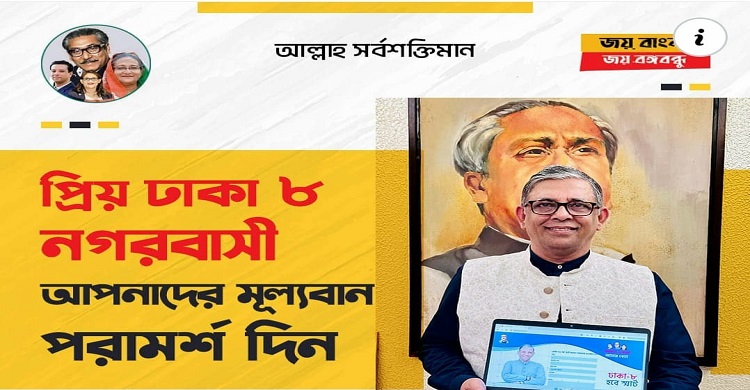
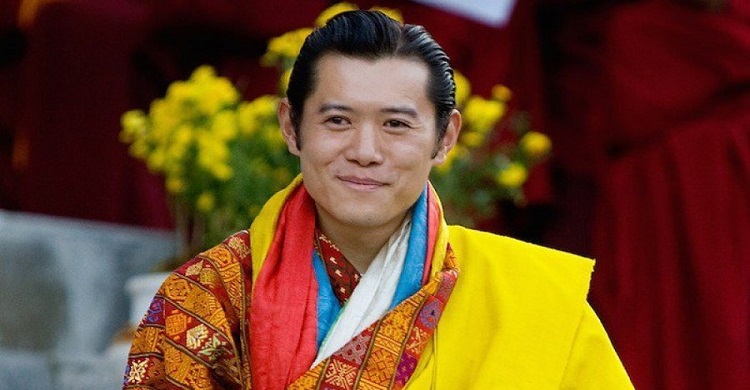
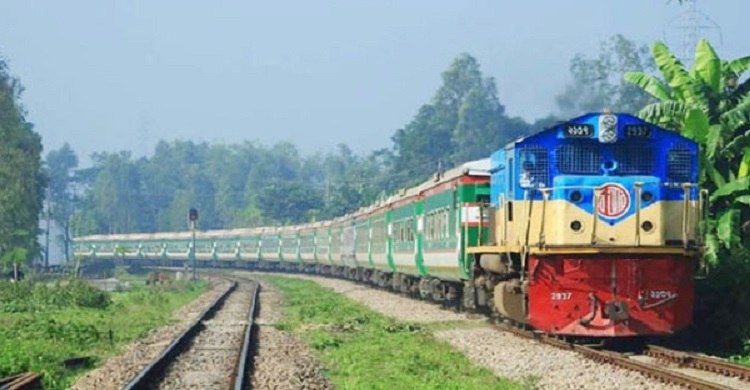
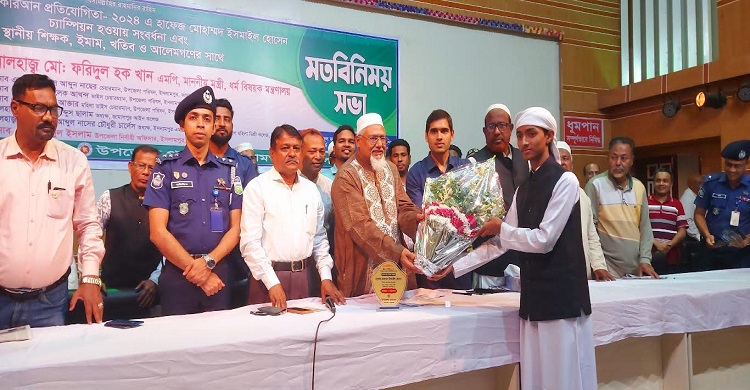
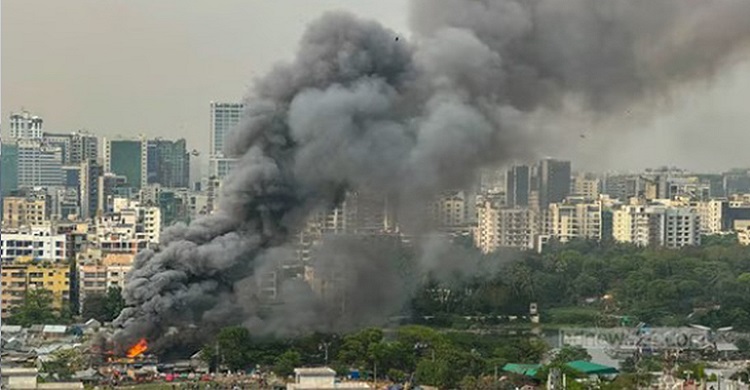
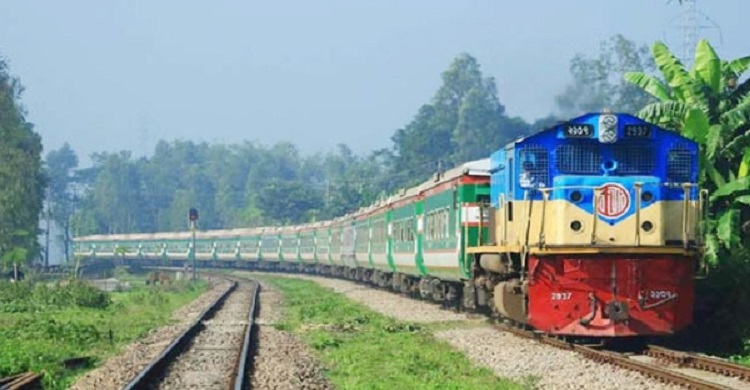
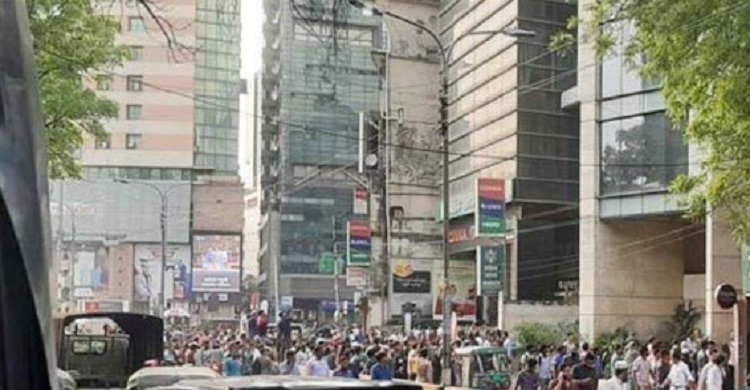
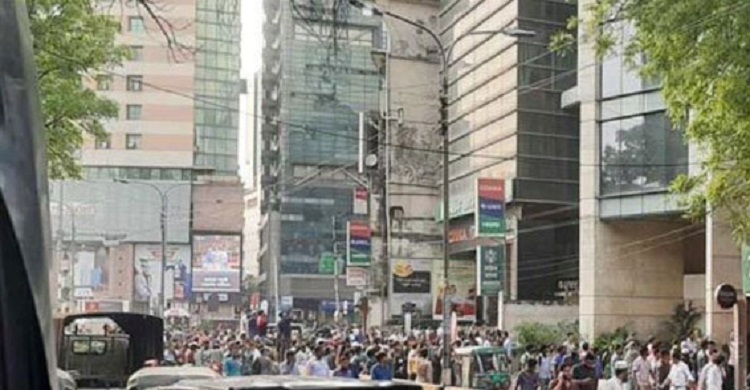
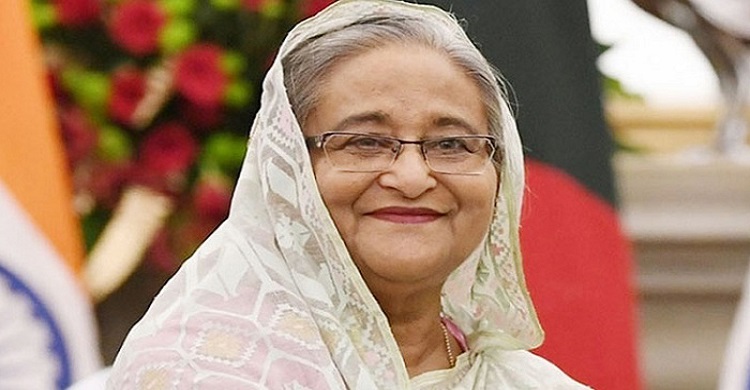
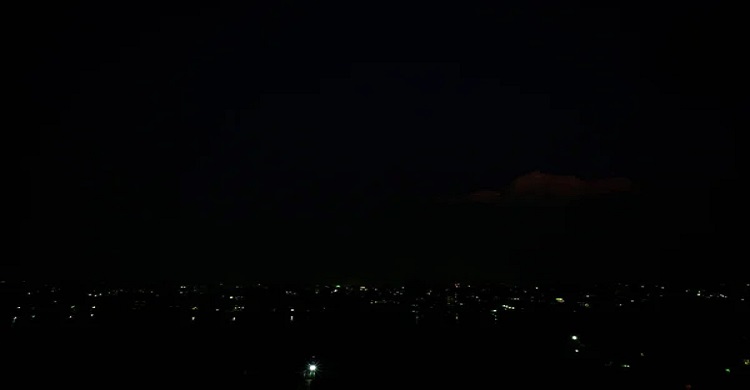
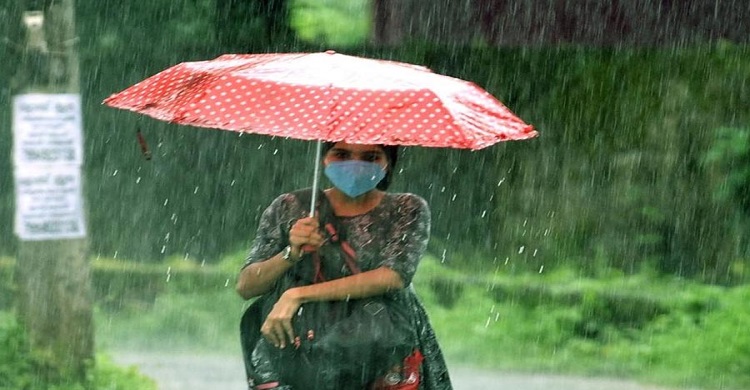

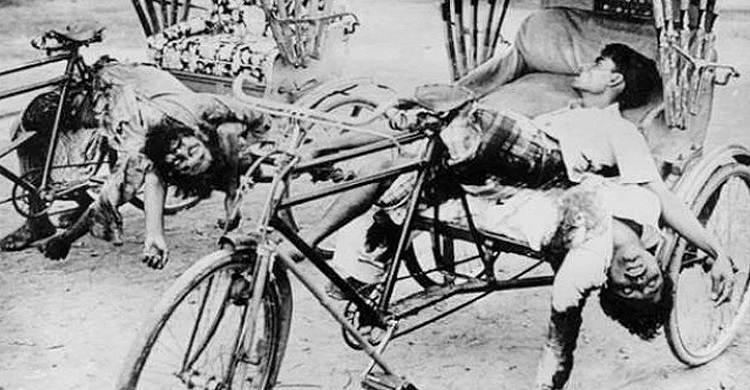
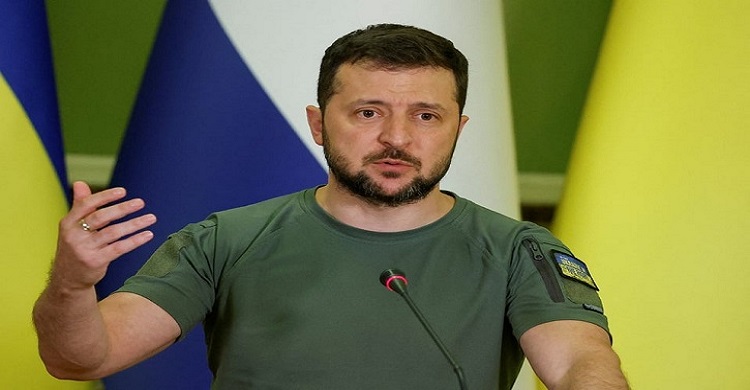
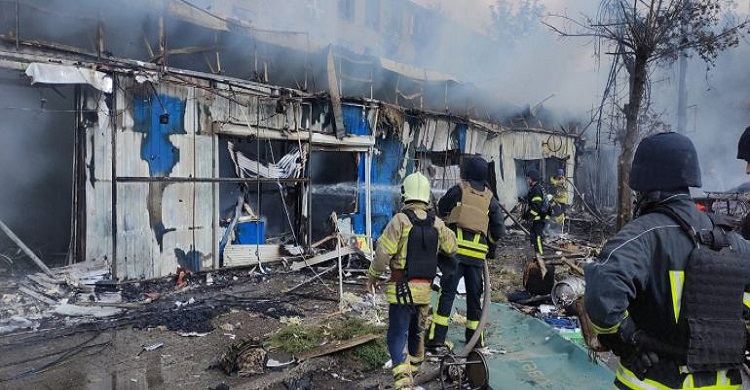
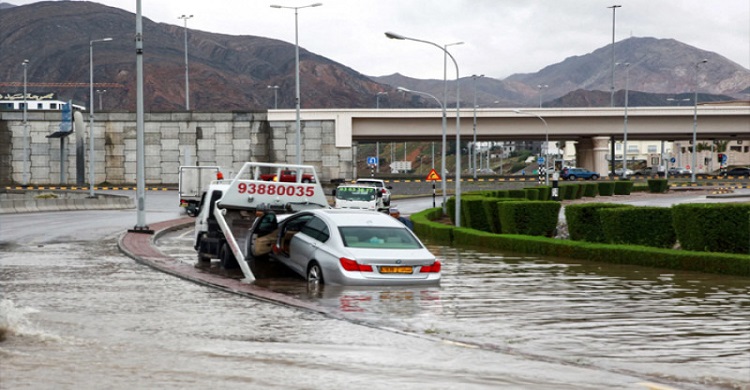
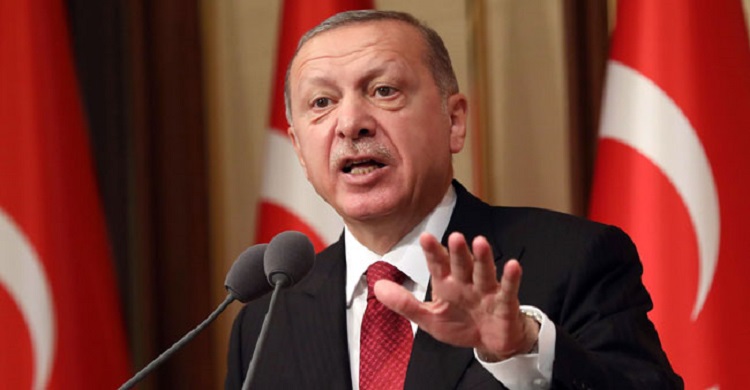




Comment ( 0)